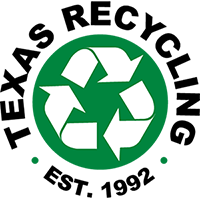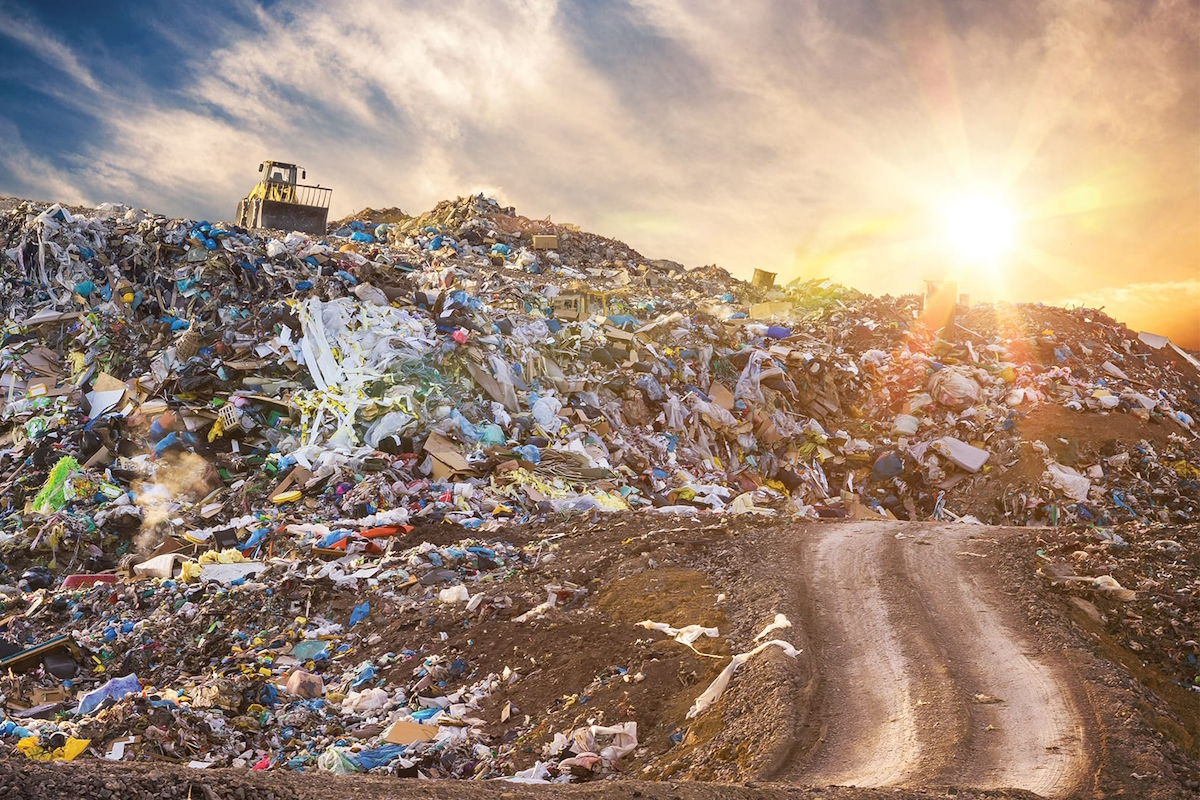Did you know Americans create more than 250 million tons of trash each year? That’s nearly five pounds of municipal solid waste per person per day. Those are eye-catching statistics, and while it is natural to expect those numbers to grow exponentially in the years to come, we should also be doing a better job of recycling. Yes, plenty of what we throw away is, in fact, garbage. But more of it is recyclable than you might think.
The good news is that recycling education is increasing and reaching its intended audience, with responsible households and businesses stepping up to recycle as much as possible. Yet, while more Americans support the need to recycle metal, paper, cardboard, and more, the national average recycling rate is only 32%. Those numbers must improve—after all, trash of all types can take centuries to decompose in landfills worldwide. Environmental education teaches us to reduce this waste wherever possible, and the most effective way to do that is to understand the consequences and not to create it in the first place.
Fun Fact: Americans create more than 250 million tons of trash each year.
Texas Recycling: A Dallas Recycling Facility for Metal, Cardboard, Paper Recycling and More! Call 214-357-0262
What Are the Decomposition Rates of Common Items We Throw Away?
Before we explore some ideas for reducing trash in landfills, let us examine the decomposition rates of some common recyclable items that households and businesses regularly throw away.
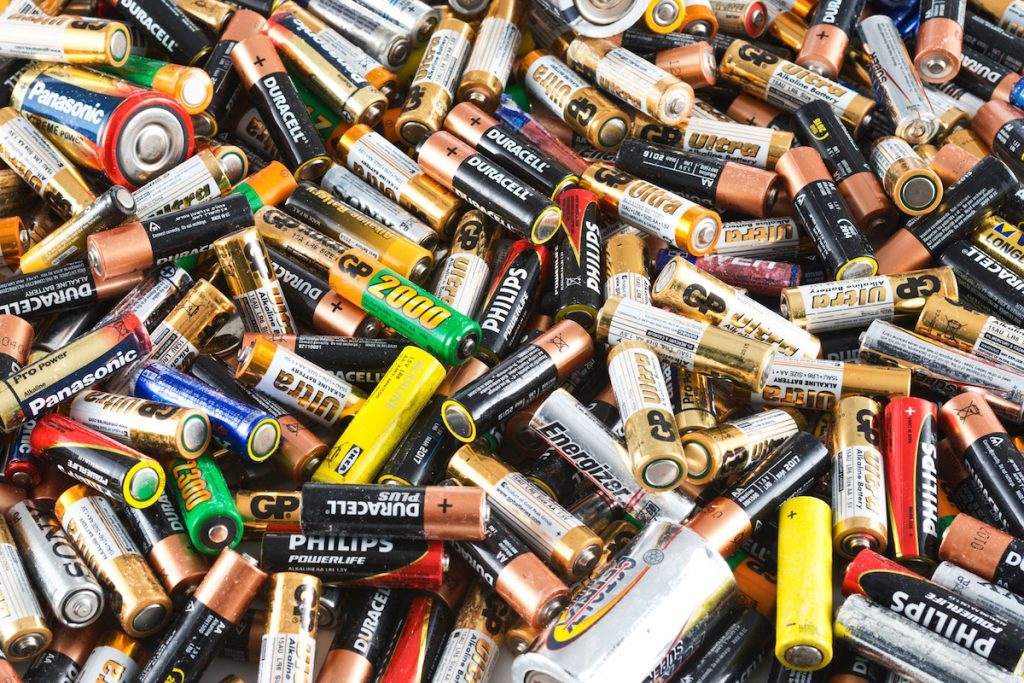
- Batteries: 100 years — Batteries take a long time to break down. Unfortunately, they also leak harmful chemicals while decomposing. To safely dispose of batteries, collecting them separately from regular trash is best. Better yet, take them to a facility that will recycle them.
- Aluminum cans: 200 years — Recycling aluminum cans can get this resource back in circulation in as little as 6 weeks. When thrown away, they take a long time to decompose.
- Disposable diapers: 450 years — Disposable diapers are convenient because they use less water than washable cloth diapers, but decomposition takes a long time.
- Plastic bottles: 450 years — This is another highly recyclable item that does not need to end up in landfills. Too many plastic bottles end up in the trash.
- Plastic bags: up to 1,000 years — Both difficult to recycle and a major pollutant, plastic bags should be reused before being sent out with the trash or brought to a store that collects them for recycling.
- Glass: Up to 1,000,000 years — Thought of as a natural material, glass is strong and does not easily break down. Glass is also one of the most easily recyclable materials.
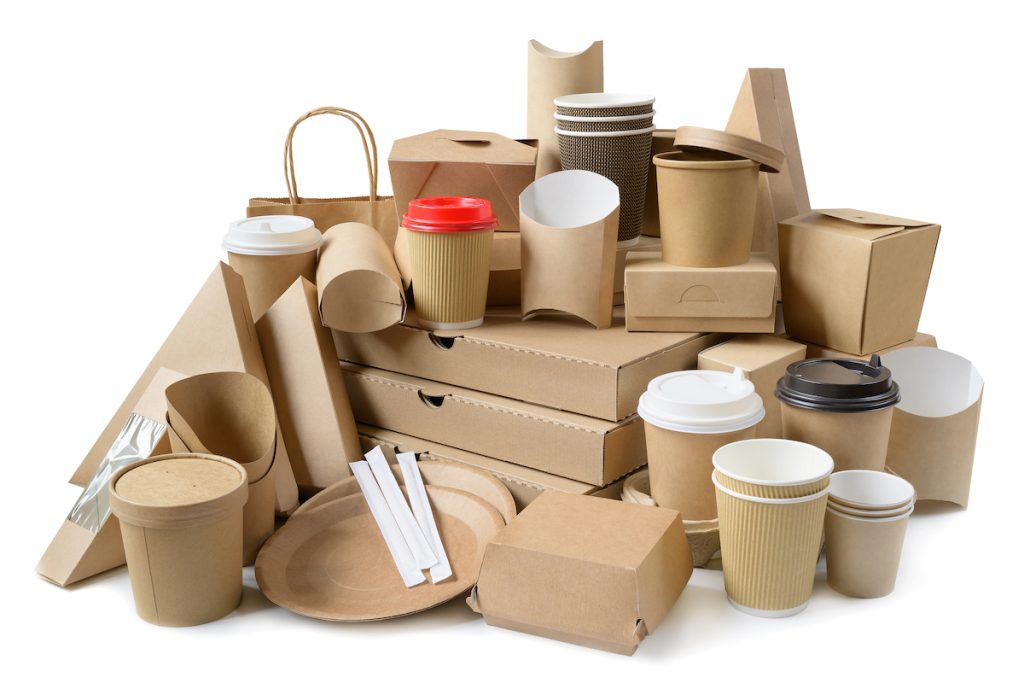
- Styrofoam: Around until the end of time — Though lightweight and full of air, Styrofoam never decomposes. Also, it is not easily recycled. The best way to prevent Styrofoam from getting into landfills is to avoid it.
- Paper: 2 to 6 weeks — Paper quickly decomposes. However, recycling paper products and keeping them out of landfills is best.
- Food scraps: 1 to 6 months — Different types of food decompose at different rates. However, composting and limiting food waste can keep banana peels and stale burger buns out of landfills.
- Cigarette butts: Up to 10 to 12 years — For the health of you and those around you, the best way to keep cigarette butts out of landfills is to quit smoking.
Texas Recycling: Our Dallas Recycling Center Helps Your Business with Revenue by Accepting Recyclable Items. Call 214-357-0262
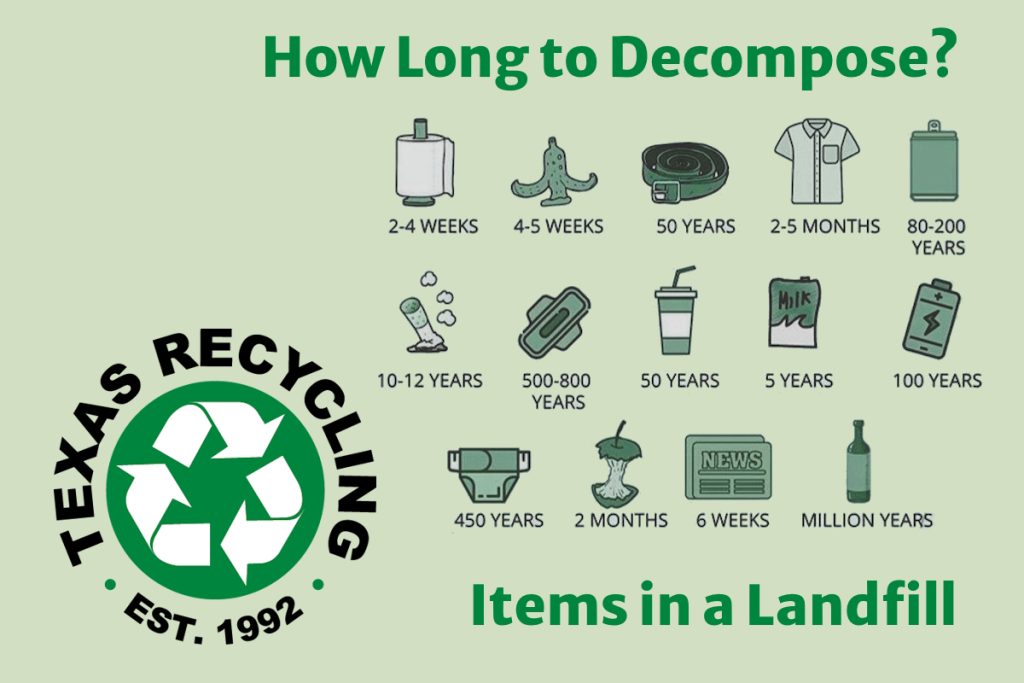
6 Ideas To Reduce Trash in Landfills
- Recycle, recycle, and recycle more. Educate yourself on area programs and what items are acceptable.
- If you constantly accumulate recyclable items in your commercial or industrial space, call Texas Recycling. We can set up a customized recycling program large volume commercial and industrial companies that have truckloads of recyclables daily or weekly. Individuals and businesses with lower quantity or less frequent recycling can visit our Public Buy Back Center.
- Reduce the amount of trash you produce by limiting disposable purchases.
- Start composting your food scraps.
- Reuse and donate items that do not need to be thrown away.
- Look for compostable and biodegradable plastic trash bags when collecting trash in your home and office. They decompose in roughly six months, compared to the 1,000 years it takes for traditional trash bags.
Fun Fact: While more Americans support the need to recycle metal, paper, cardboard, and more, the national average recycling rate is only 32%.
Count on Texas Recycling for Revenue Generation of Recyclable Items
Does your organization end up tossing recyclables into the trash? Instead of filling landfills with recyclable materials, turn that trash into cash and fill your bank account with extra income! Texas Recycling provides competitive prices and superior customer service with customized recycling programs for commercial and industrial accounts.
Texas Recycling is dedicated to improving the environment by providing the highest-quality recycling services in the DFW Metroplex. We process thousands of tons of recyclable paper, cardboard, newspaper, and metal at our 225,000-plus square-foot facility. Call us to learn more about commercial and industrial long-term recycling opportunities for your business.
Help the environment and your bottom line by calling Texas Recycling at 214-357-0262 to get started on a commercial recycling or industrial recycling program for your organization. From scheduled pickups for large commercial entities to our Public Buy Back Center for individuals and smaller businesses, we have a recycling solution to meet your needs.
